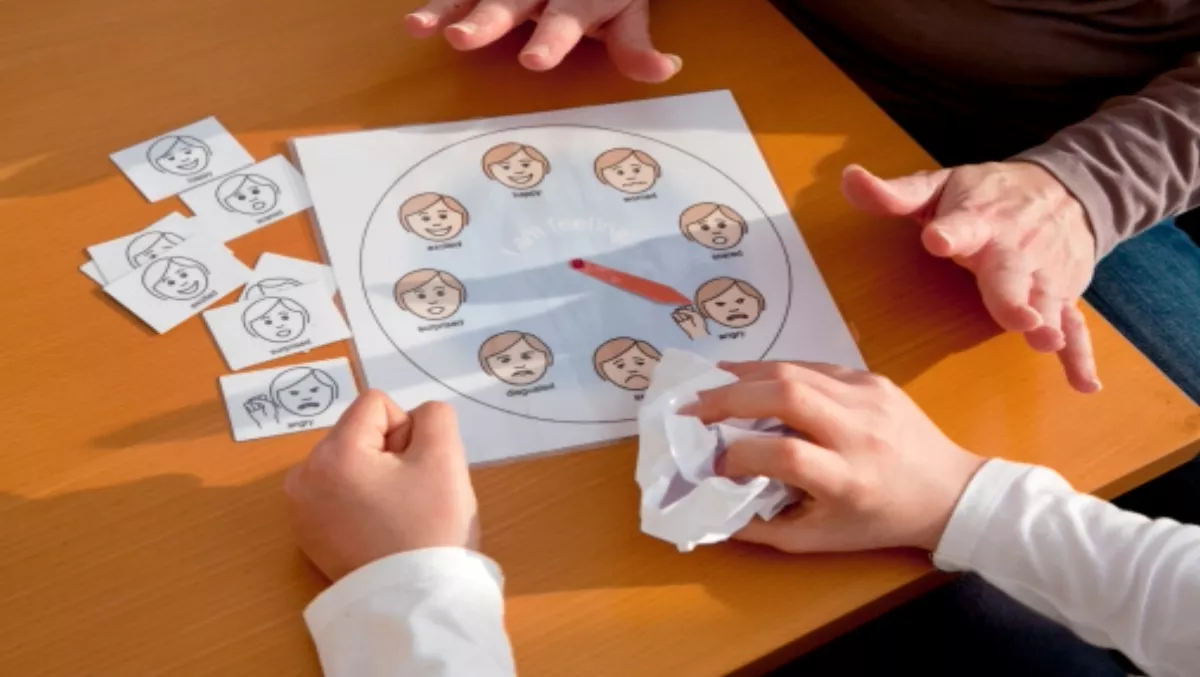
Software has potential to help kids with autism
Assistive learning software to help autistic children recognise emotions from facial expressions recently won a UniServices prize in the Spark Ideas Challenge, the University of Auckland’s annual entrepreneurship challenge.
A team of students from the Master of Commercialisation and Entrepreneurship programme at The University of Auckland developed the commercialisation plan for a course project. They worked with Dr Mark Sagar from the Auckland Bioengineering Institute’s Laboratory of Animate Technology on his facial recognition software that could have many applications.
“From many possibilities for commercialisation, we narrowed it down to this one, that we dubbed LearnEmotion, and developed a commercialisation strategy for it,” says LearnEmotion team leader, Graeme Finch who is also business development manager at the Research Centre for Advanced Composite Materials at the University’s Tamaki campus.
“LearnEmotion is a novel digital application based on an ‘emotional engine’ technology that was developed by Dr Sagar who is an Academy Award winner and worked on movies such as Avatar and King Kong, to assist children with Autism Spectrum Disorder”, says Finch.
“The LearnEmotion application has the potential to establish a strong connection with the child, assisting them to recognise the expression of emotion in others and training them to express emotion”, he says. “This helps not only the child, but also their wider family group, to better manage relationships.”
Autism Spectrum Disorder (ASD) is a learning disorder which often led to behavioural problems in social situations, because the person doesn’t recognise social cues. Those with ASD usually lack the ability to read other people’s emotions or to relate to people. They also often have a fixation with inanimate objects which is why a computer based application helps.
“The LearnEmotion software programme aims to assists people with ASD to recognise emotion from facial expressions", says Finch.
There is a well-recognised global need for effective ASD treatment that doesn’t involve drugs or specialist staff, he says.

